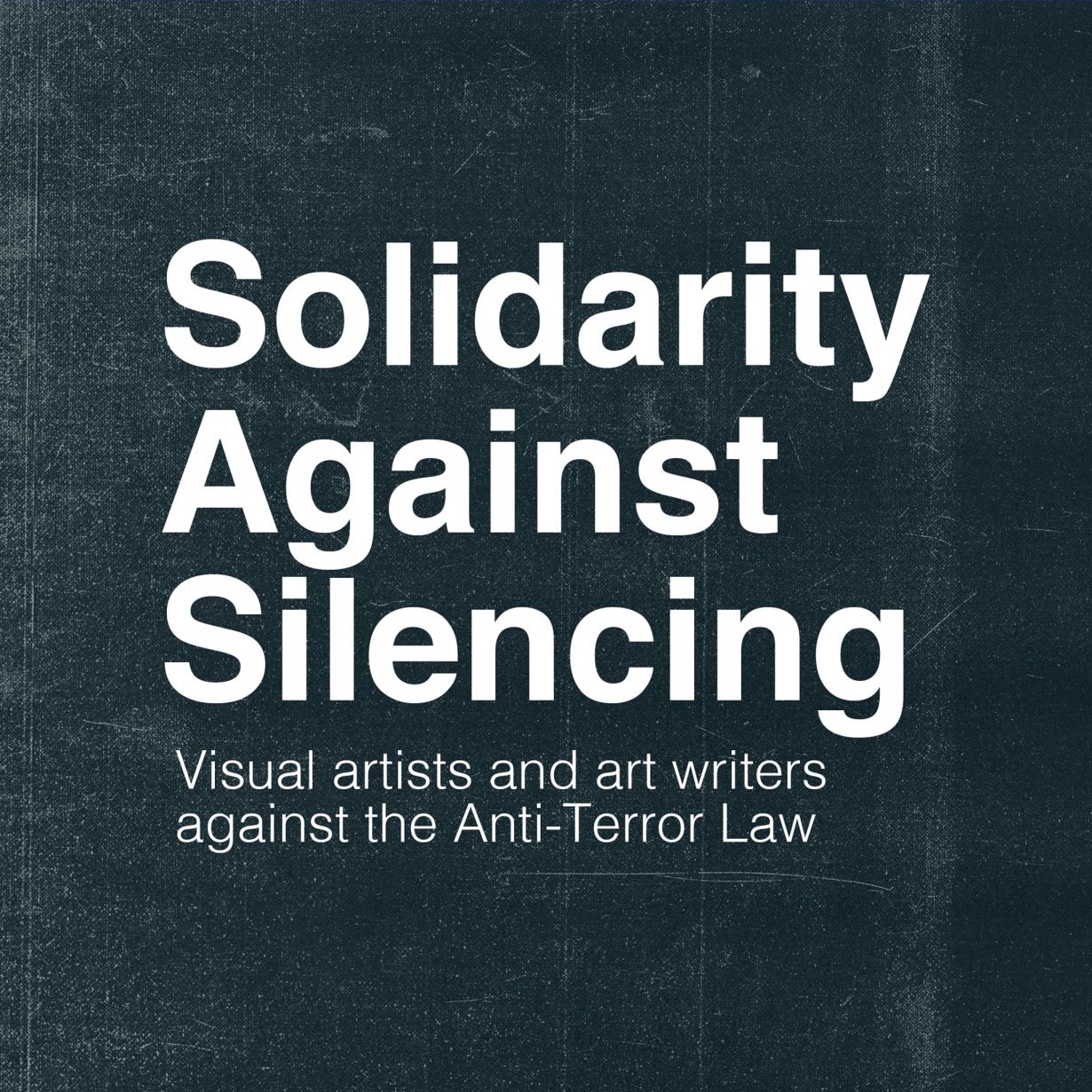
Earlier this month, a group of artists and others working in the cultural sector in the Philippines published a joint statement, initiating a campaign titled Solidarity Against Silencing which condemns the Anti-Terrorism Act of 2020. The new law, which was fast-tracked through Congress and introduced by president Rodrigo Duterte in the early hours of 8 July, will allow an anti-terrorism council to authorise arrests without warrant, 90 days of surveillance and wiretaps and detention without charge for up to 24 days. Political experts say that the law is vague in its definition of terrorism, which leaves room for Duterte’s council to identify, detain, and eliminate the administration’s political enemies – which includes critics in the cultural and media sectors.
‘We believe that any recognition in the arts is a reminder to fulfill our duty as Filipinos. Today, we unite with fellow art workers in our shared belief that art is political. Our work bears a social dimension. We take our responsibility as citizens seriously,’ reads the opening of the statement by Solidarity Against Silencing, an initiative brought together by Ateneo Art Awards. Now signed by more than 100 artists, curators, writers and academics, the statement criticises the fast-tracking of the Act at a time when ‘millions of Filipinos have lost their livelihood and are in a state of vulnerability due to the COVID-19 pandemic . . . Instead of receiving urgent economic and medical aid, we are confronted, now, with a law that endangers our basic human rights.’
The SAS statement also specifically references two incidents prior to the approval for the Act, in which the country’s largest broadcasting network ABS-CBN was shutdown in May, and Rappler executive editor and journalist Maria Ressa and writer Reynaldo Santos Jr. were convicted in a cyber-libel case.
SAS conclude that the government aims to ‘threaten critical thinking and freedom of expression in order to produce a society easier to manipulate, silence, and abuse. These barely scratch the surface of our collective rage and frustration. We anticipate that this will intensify under the Anti-Terrorism Law.’ The anti-terrorism bill will be brought into action on 18 July.
In a recent piece for ArtReview Asia, Marv Recinto reported on the struggle for free expression in the country. ‘Echoes of historic artistic suppression are reverberating within the community, triggering national trauma from the violence and oppression of the Marcos era,’ she wrote. You can read the feature in full here.